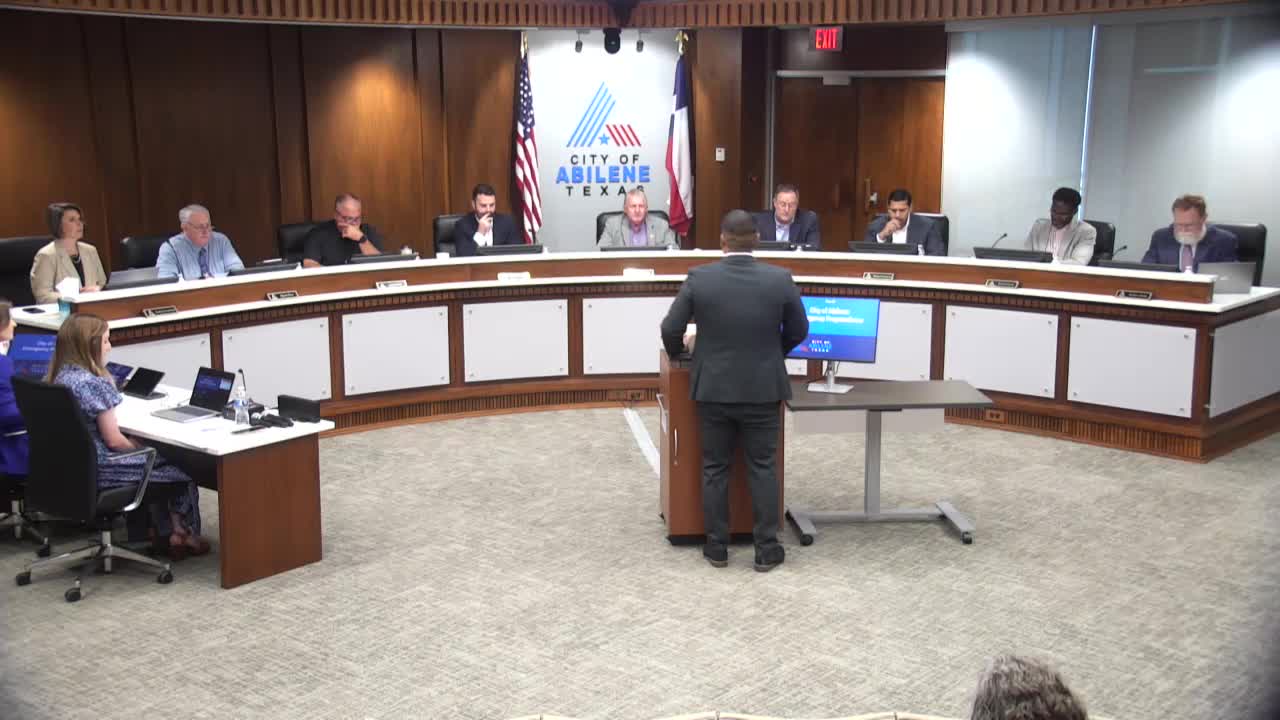Article not found
This article is no longer available. But don't worry—we've gathered other articles that discuss the same topic.
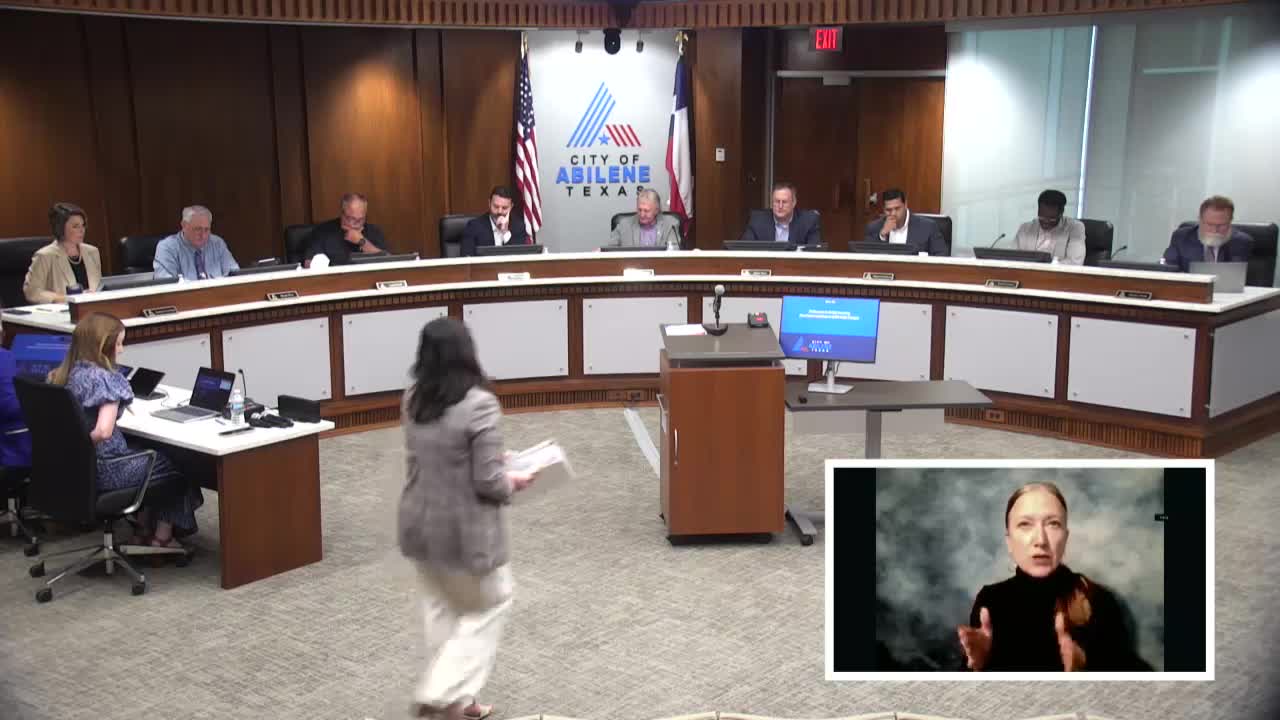
Abilene council adopts revised 2026 budget and sets tax rate at $0.7506; one councilor dissents
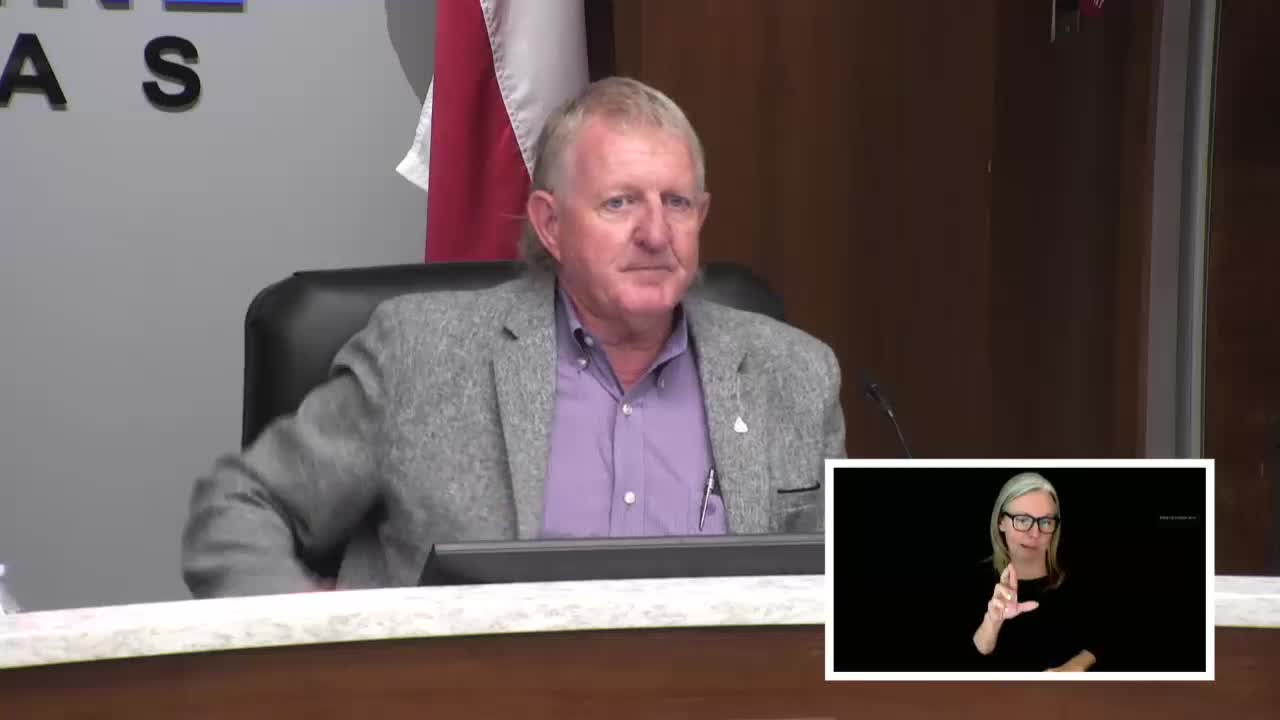
Council nominates Blue Cross Blue Shield for Texas Enterprise Zone incentive
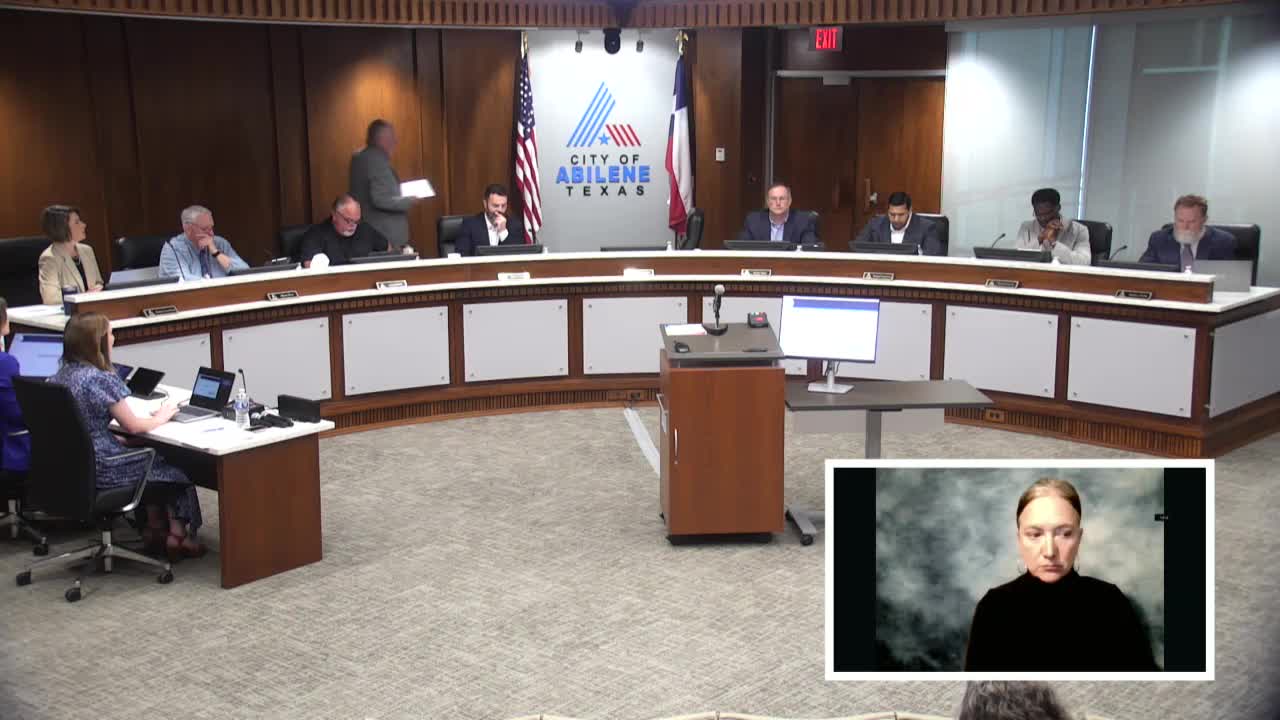
Council narrows BYOB rules, denies permit scheme and adopts hours restriction on first reading
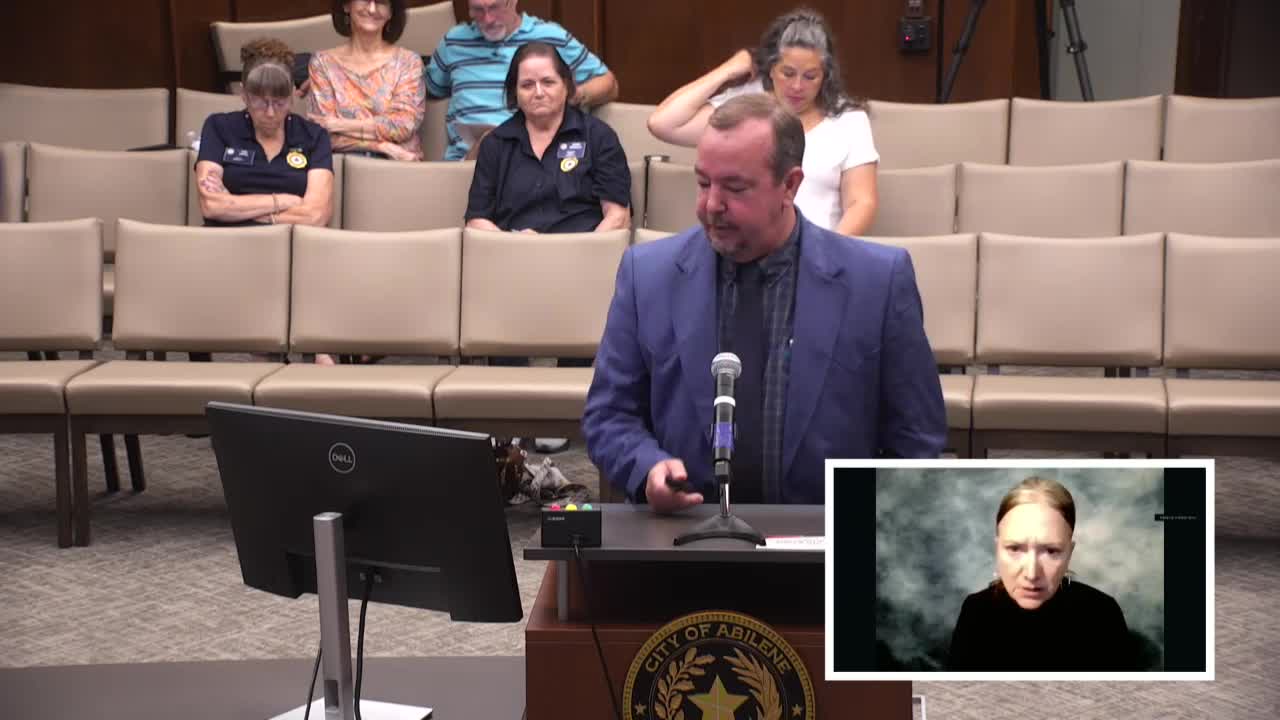
Council approves two conditional use permits for freight containers and rezones 21 acres for multifamily development
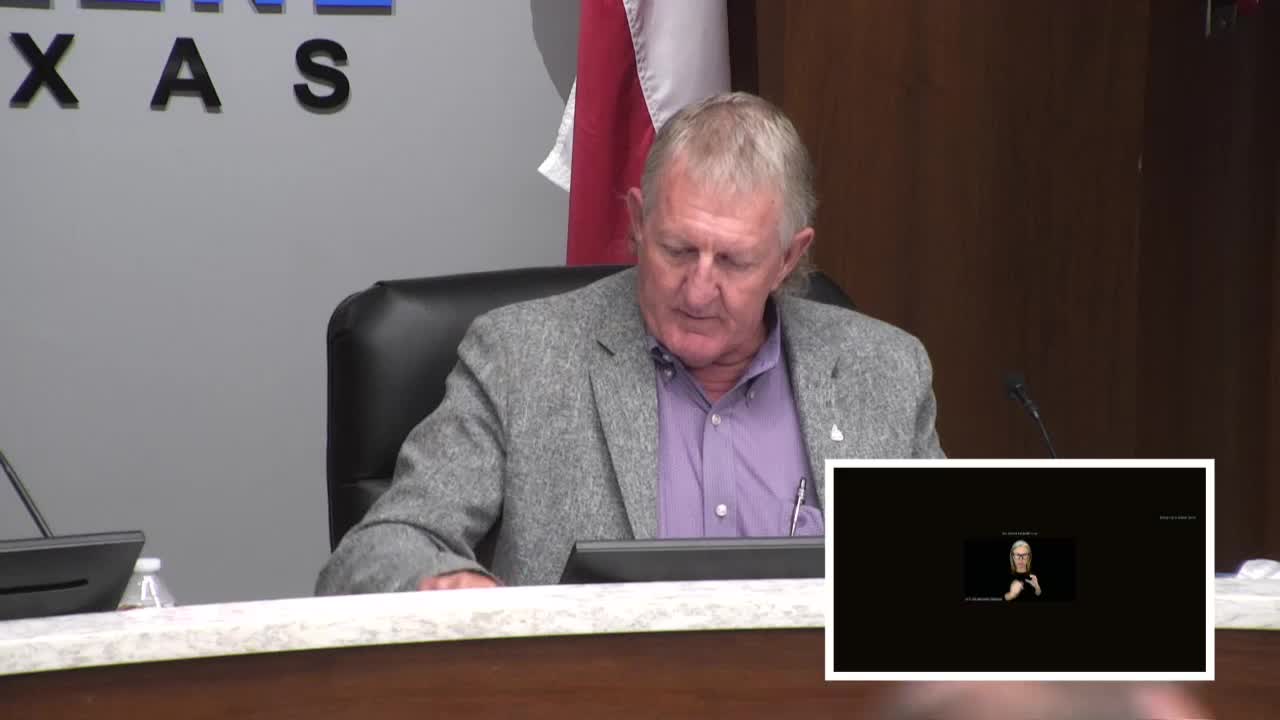
Council approves 2025–29 consolidated plan; city budgets HUD CDBG and HOME grants for housing and neighborhood services
